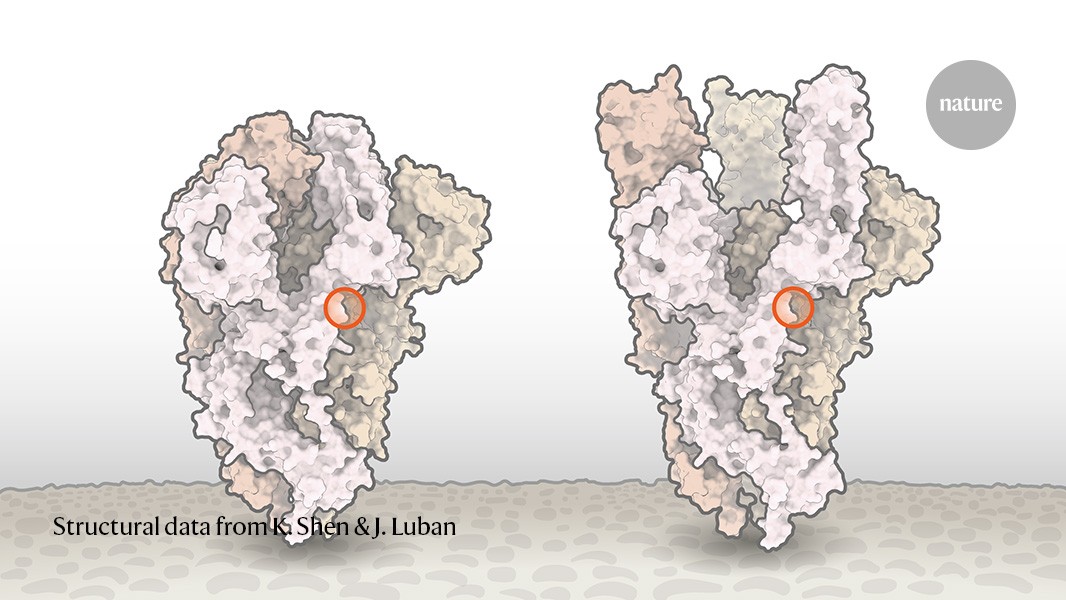I've read some interesting stuff over the past year (written pre COVID, but oddly prescient) on changing the approach to vaccine R&D, making the case that despite having the medical science capable to do so, the current pharmaceutical market simply isn't appropriately incentivized to conduct forward looking R&D to prevent things like this from occurring.Actually a flu vaccine was developed which found to be effective vs. the 1918 pandemic influenza strain. The 2009 H1N1 flu which caused a number of problems had a vaccine developed to help protect against H1N1 influenzas, and testing has since determined that the 1918 influenza strain was also a type of H1N1, and that the 2009 H1N1 vaccine would help provide protection.
This of course is no help to those infected in 1918, but it does illustrate that not only do diseases morph or mutate, but they also come back around. Something similar happening with SARS-CoV-2 is quite possible.
To put it simply, there is no incentive for a pharmaceutical company to expend money to forestall likely emerging pathogens, as they will not be compensated if it doesn't work.
The case that's made is that some segments of the medical community may be better off operating like the defense industry, and actually trying to conduct R&D to have an assortment of treatments/vaccines in place before these things break out and become global threats.
Of course, such research would have the dual purpose benefit of Biological defense and attack, which would probably be complicated to navigate in the perspective of international treaties.






